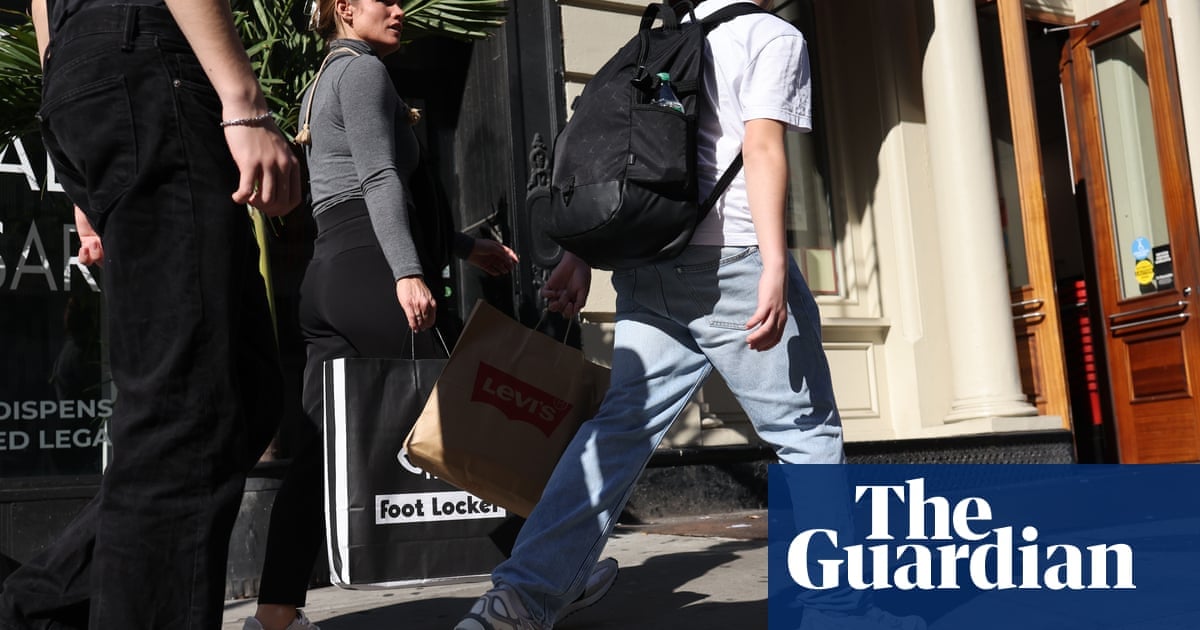Summary
A Harris poll reveals that 69% of Americans believe Donald Trump’s proposed tariffs would increase consumer costs, with many planning purchases ahead of his inauguration to avoid price hikes.
Trump has championed tariffs as a key policy to boost domestic manufacturing, but economists and corporate leaders warn costs will be passed to consumers, potentially adding $2,600 annually to household expenses.
While Republicans are more supportive of tariffs, only 51% think they will benefit the economy.
The poll highlights widespread concern over tariffs’ economic impact, especially amid lingering inflation and financial uncertainty.



Tariffs are a necessary tool, and can be positive in the long run to create revenue and lower trade deficits. They are a regressive tax, but there is some positive to making some imported goods more expensive in the US. It does discourage companies from importing everything. In moderation targeted tariffs can be good.
The debt is projected to be $50 trillion by 2034, so revenue does need to be increased somehow. Otherwise on the current track the US will be unable to service it’s debt.
Ideally they should just tax billionaires, but politically this is a lot easier for them.
The problem with tariffs is moreso on what they’re going to do with the revenue. The surplus will almost assuredly be used to give tax cuts to the rich, and the debt will likely be $50 trillion by 2028, not 2034.
Not as long as virtually all commodities trade in USD and USD remains the world’s reserve currency. I do get your broader point about any “revenue” raised by tariffs.
The next 4 years in the US are going to bring instability to the forefront.
US debt to GDP ratio is already an insane 120% . At some point along this path of ever increasing debt, people are going to see that USD is no longer safe and choose other currencies, or possibly crypto. Bank runs tend to happen all of a sudden when no one expects it. The same situation could theoretically happen in the US.
The reserve dominance shouldn’t be relied upon when we could simply raise a small amount of revenue with taxes on the wealthy to balance the books.